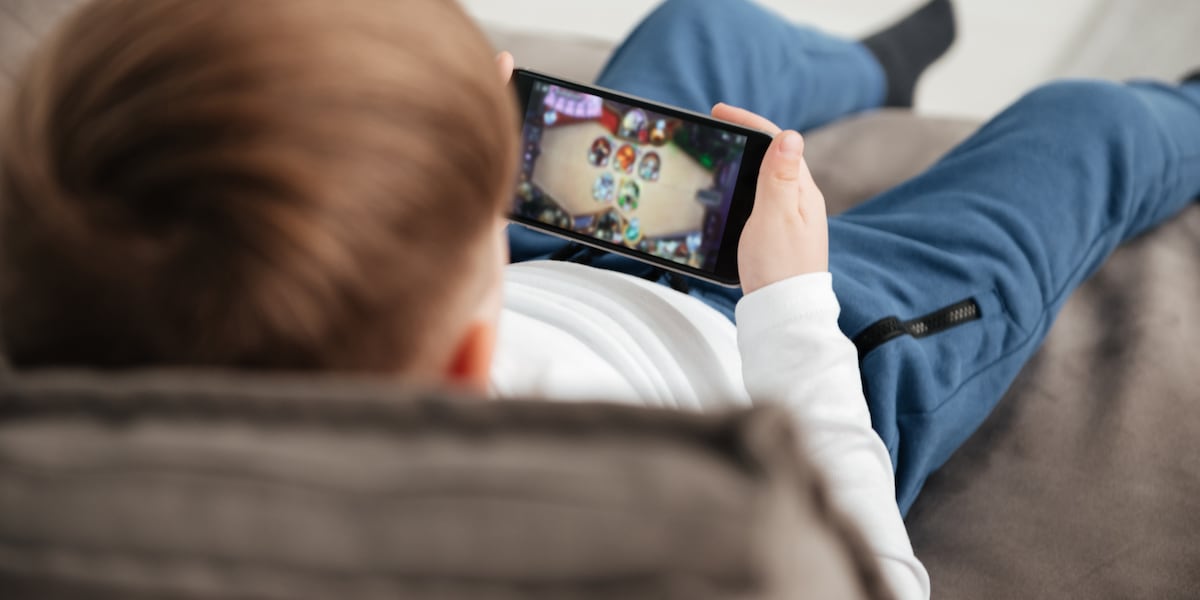Is Your Child's Smartphone Putting Their Mental Health at Risk? Experts Issue Urgent Warning

Concern is growing among mental health experts regarding the potential impact of early smartphone use on children and young adults. A recent study published in the Journal of Human Development and Capabilities has revealed a worrying link between receiving a smartphone at a young age (12 or younger) and increased risks of mental health challenges.
The research focused on individuals aged 18 to 24 and uncovered a significant correlation between early smartphone access and a higher likelihood of experiencing suicidal thoughts, aggressive behavior, feelings of detachment from reality, difficulties with emotional regulation, and low self-esteem. These findings highlight a critical need for parents and educators to understand the potential consequences of providing young children with constant access to digital devices.
The Study's Key Findings
The study meticulously examined the experiences of young adults, noting a clear pattern. Those who received their first smartphone before the age of 12 demonstrated a statistically significant increase in the reported prevalence of the aforementioned mental health concerns. Researchers suggest that this early exposure to the digital world may disrupt crucial developmental processes, impacting social skills, emotional maturity, and self-perception.
Why is Early Smartphone Use So Problematic?
Several factors contribute to the potential risks associated with early smartphone use. The constant stream of social media, exposure to cyberbullying, and the pressure to maintain an online persona can all negatively impact a child's mental well-being. Furthermore, the addictive nature of smartphones can lead to reduced face-to-face interaction, hindering the development of essential social skills. The curated and often unrealistic portrayals of life online can also contribute to feelings of inadequacy and low self-worth.
What Can Parents Do?
While technology offers numerous benefits, it's crucial for parents to be mindful of the potential risks. Here are some practical steps to consider:
- Delay Smartphone Access: If possible, postpone giving your child a smartphone until they are older and more emotionally mature.
- Set Clear Boundaries: Establish rules regarding screen time, content access, and online interactions.
- Monitor Usage: Regularly check your child's phone activity and be aware of the apps they are using.
- Encourage Offline Activities: Promote participation in sports, hobbies, and other activities that foster social interaction and physical well-being.
- Open Communication: Create a safe space for your child to discuss their online experiences and any concerns they may have.
Looking Ahead
The findings of this study serve as a wake-up call for parents, educators, and policymakers. Further research is needed to fully understand the long-term effects of early smartphone use on mental health. However, the current evidence suggests that a cautious and mindful approach to technology is essential to protect the well-being of our children. It's about finding a balance - harnessing the benefits of technology while mitigating the potential risks. The mental health of our young people depends on it.




